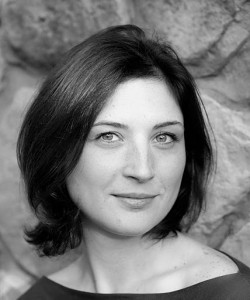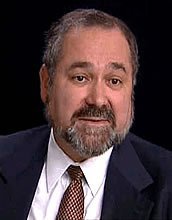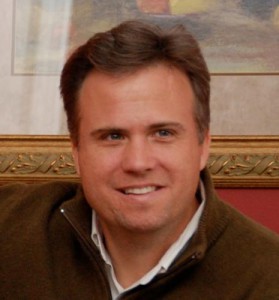
Is There a Difference Between Critical Thinking and Information Literacy?
Abstract
This paper investigates the similarities and differences between two important ideas in information processing and knowledge utilisation. Those ideas are [critical thinking] and [information literacy]. The two phrases are shown in brackets to indicate that the two words involved in each idea are not arbitrarily combined but have been coupled by authors to represent a single entity or a focus for development of concepts describing the characteristics involved. By exploring terms related to this couplet from the same sentence, the meaning of each of the central ideas can be expanded. The education, library science, and health science literature were used in this study, which analysed 8745 articles dealing with [critical thinking] and 8201 reports dealing with [information literacy] included in either ERIC or PubMed from 2000-2009.
The findings showed that combinations of terms (i.e. ideas) such as [information & literacy & related term] or [critical & thinking & related term], when organised based on Bloom’s Taxonomy of Learning (Bloom 1956), clarified the similarities and differences between the two central ideas. [Information literacy] was involved in all of the cognitive functions suggested by Bloom. This finding is consistent with the definitions of [information literacy] that relate it to lifelong learning and effective decision-making. In addition, the ideas describing [information literacy] were consistent with actions and perceptions that were more public and standardised than those associated with [critical thinking].
This suggests that [information literacy] and its associated procedures could significantly augment current instruction in [critical thinking] and indeed, the possibility has been explored by some authors in the current literature. A merging of the two ideas would involve [information literacy] providing tools and techniques in the processing and utilisation of knowledge and [critical thinking] supplying the particulars and interpretations associated with a specific discipline. This type of integration could lead to instructional programs similar in concept and application to those in research methodology where methods from statistics are integrated with the techniques and skills associated with a specific discipline. The development of a curriculum of this type would change functions and perceptions from private, individualised mentation, now associated with [critical thinking], to a more easily learned and practiced process suitable across the breadth of disciplines.
Keywords
Full Text: PDF






